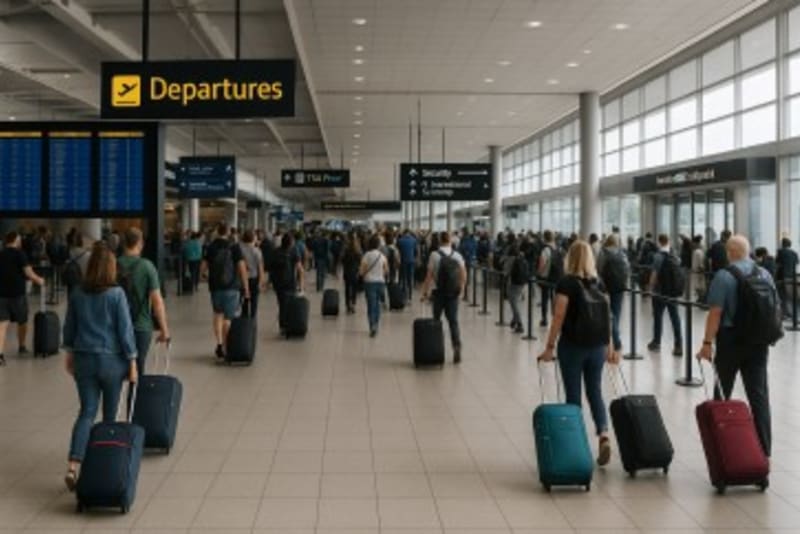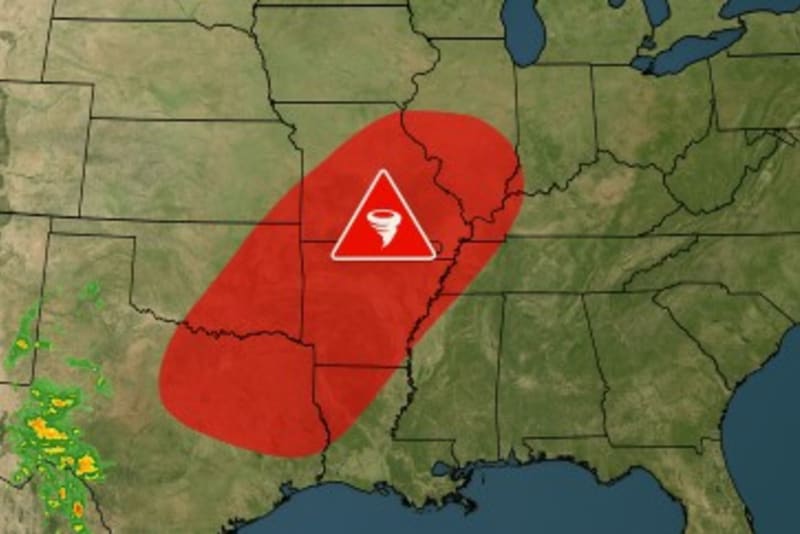Travel Advice and Advisories: What Every Traveller Should Know Before Taking Off
NEW DELHI, Oct. 1, 2025 – As global travel continues to rebound, governments and international agencies are stepping up efforts to keep citizens informed about potential risks abroad. Updated travel advice and advisories are being released more frequently, covering everything from health concerns to political instability.
Travel advisories are official communications issued by national governments to guide citizens on safety, security, and health risks when visiting foreign destinations. They can range from simple precautions to strict warnings against all travel.
Current Context
With shifting geopolitical tensions, ongoing health concerns such as seasonal flu variants, and climate-related disruptions, the importance of consulting official advisories before booking international trips has never been higher. The Ministry of External Affairs recently highlighted regions experiencing heightened security risks and urged citizens to stay alert.
Official Statements
A senior government spokesperson said:
“Travel advisories are not meant to alarm citizens but to equip them with essential knowledge. Whether it’s about visa changes, natural disasters, or public health risks, being informed can make the difference between a safe journey and a dangerous one.”
International tourism bodies are echoing this sentiment. The World Tourism Organization (UNWTO) noted:
“Responsible travel starts with responsible planning. We encourage travellers to always check government-issued advisories and register with their embassies when travelling abroad.”
Balanced Reporting
While some travellers argue that advisories can sometimes appear overly cautious, officials stress that they are based on verified information from security agencies, embassies, and health authorities. For example, while certain regions may experience occasional unrest, not all areas are unsafe for tourists.
Looking Ahead
Travel experts recommend that passengers:
Monitor official travel advisory websites regularly.
Purchase travel insurance with medical and cancellation coverage.
Keep digital copies of important documents.
Register with their country’s embassy in their destination.
With international travel gaining momentum, informed and prepared travellers are expected to have smoother, safer experiences. Governments are expected to continue issuing real-time updates as conditions evolve.







Comments
No comments yet. Be the first to comment!